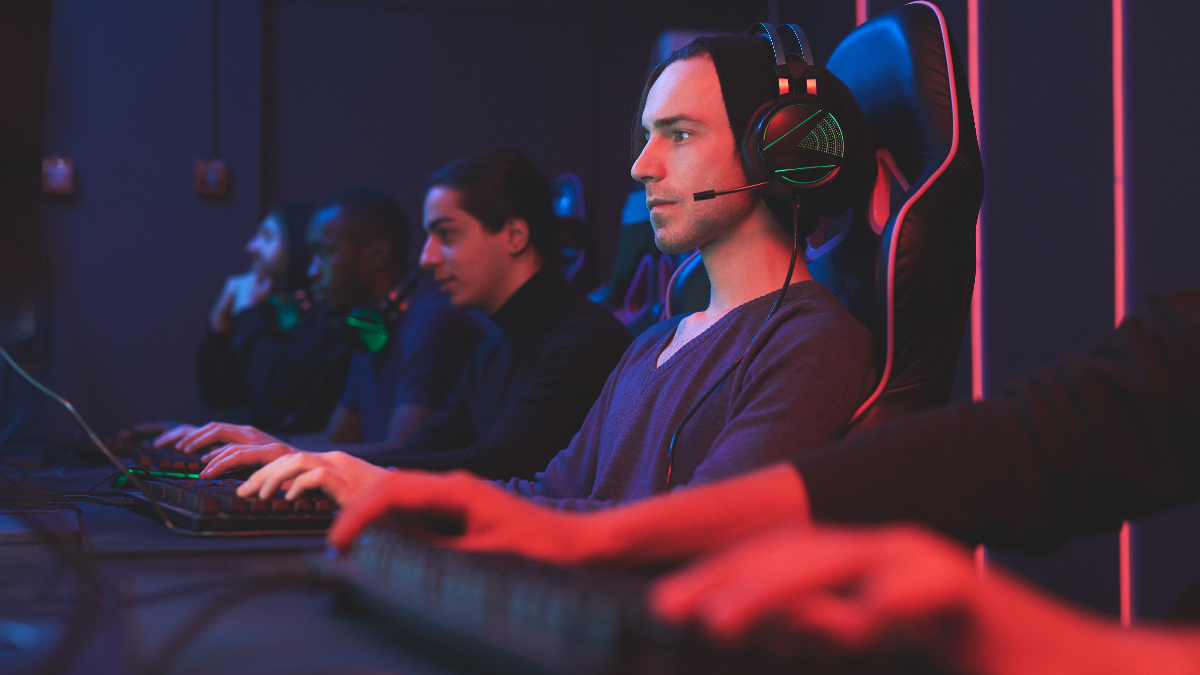
If you’re a serious gamer, attending an esports tournament in person is probably high on your agenda. Esports has exploded in popularity in recent years, with considerable investment behind the scenes and online audience figures in the millions. However, nothing beats the thrill of watching your favorite teams battle it out before your eyes. If you’re planning on attending an esports tournament for the first time, one thing that should be prepared for is runtime. The overall length of a tournament varies depending on the exact game being played, but most contests follow a fairly basic structure.
Average Esports Tournament Duration
To build up a clearer idea of how long an esports tournament lasts, let’s use League of Legends as an example. Generally speaking, a professional League of Legends tournament will run for around 7-8 hours. This runtime should prove sufficient for all matches to be played, as well as leave a little leeway for things like breaks and unprecedented technical hiccups that might cause slight delays.
How Individual Matches Affect Tournament Length
This is one of the most important factors that determine the overall length of an esports tournament. Exact match runtimes can vary, but most League of Legend match-ups tend to run for around 30 minutes. Esports organizers usually lean on these averages when structuring tournaments and planning for additional events.
Several factors determine the overall length of a match. Generally speaking teams with a higher rank like Team Vitality and Natus Vincere tend to finish a match more quickly than those with a lower rank.
This is largely down to the fact that experienced League of Legends teams have a deep understanding of game mechanics and can leverage their skills to bring a swift end to a match-up. If there’s a significant difference in skill level between the two teams playing, you can expect a game to draw to an end particularly quickly.
Do Tournament Brackets Affect Esports Contest Length?
Bracket structure plays a key role in the overall length of an esports contest. In theory, bracket structure can result in a tournament with only a handful of competing teams running longer than one with a significantly larger competitor pool.
Shorter tournaments tend to utilize a single-elimination approach. This results in far fewer matches played than tournaments that incorporate a round-robin style of play. The biggest esports tournaments usually adopt a more varied structure, incorporating both group stages and qualifying rounds. Double-elimination tournament brackets are the favored structure for major tournaments, with this approach allowing competing players and teams more than one chance to play.
Simultaneous Matches
One way that organizers can limit the overall running length of an esports tournament is to ensure multiple games are being played at any one time. For live events, there’s a limit on the number of simultaneous games that can be played. However, for online tournaments, there’s no such restriction.
Final Thoughts
Because of the multitude of factors involved, there’s no foolproof way of predicting the length of an esports tournament. However, by considering player and team rank, bracket structure, and previous tournament organization, you can build up a fairly reliable picture of how much time to set aside. If you have some free time coming up and want to immerse yourself in the world of live tournaments, check the LoL esports schedule at 1337pro and start penciling in a few dates in your diary.




